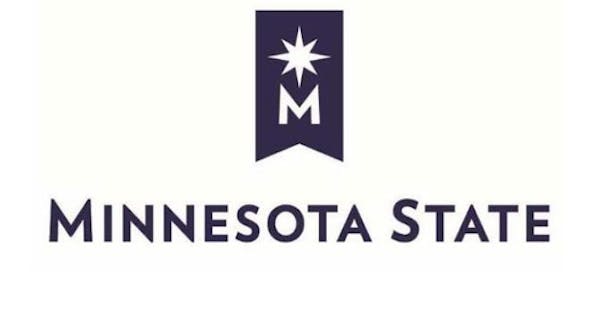For the first time in five years, students at Minnesota State's two-year colleges will see their tuition go up.
Starting this fall, full-time students will pay $4,815 a year, an increase of $48 or 1 percent. At the same time, the seven Minnesota State universities will increase their average tuition by $272, to $7,288 a year.
The new rates, which officials described as "modest but necessary tuition increases," were approved unanimously Wednesday by the system's board of trustees.
Tuition at the two-year public colleges had been frozen at 2012 rates until last year, when state lawmakers mandated a 1 percent cut in exchange for increases in state funding. This year, though, Minnesota State officials said the tuition increases were needed to cover rising costs.
The move follows Tuesday's separate decision by the University of Minnesota to raise in-state tuition by 1 to 2 percent on its five campuses. For undergraduates on the Twin Cities campus, the tuition will be $12,800.
Last fall, Minnesota State officials had offered to freeze tuition at all its colleges and universities in return for a $178 million increase in state funds over the next two years. Instead, the Legislature approved a $106 million increase, about 60 percent of the request.
At the same time, lawmakers voted in May to impose a 1 percent limit on any tuition increases at the two-year colleges during the 2017-18 school year, and a tuition freeze for all Minnesota State students in the 2018-19 school year.
Before Wednesday's vote, Minda Nelson, president of the state colleges student association, appealed to the trustees to reject any tuition increase.
"Forty-eight dollars may seem like a low number to you," she said. "To us, $48 is a week's worth of groceries. ... It's a box of diapers. Even a slight tuition increase will put a substantial strain on our bottom line."
Jay Cowles, the board treasurer, said he sympathized with Nelson's point. "We recognize that any tuition increase is real money, particularly to those who are struggling to make those payments," he said. But he said additional funds were needed to "maintain the quality of the education and programs."
He also noted that many students, especially from low-income families, will not see any increase in their out-of-pocket costs. For those who qualify for federal and state grant programs, the increases in financial aid should cover most or all of the tuition hikes, officials say.
Maura Lerner • 612-673-7384
Minneapolis considers bid to host Sundance Film Festival

Teen suspect in Nudieland mass shooting arrested on murder, assault charges
'Human error' behind Robbinsdale shelter-in-place alert that was mistakenly sent countywide

